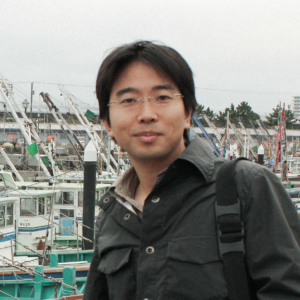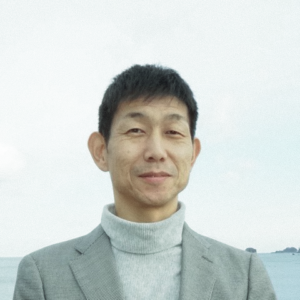01
Establishment of an environmental DNA observation system
Target 01
Target 02
Target 03
Tohoku University operates ANEMONE (All Nippon eDNA Monitoring Network), the globe’s leading environmental DNA monitoring network. ANEMONE’s comprehensive database, accessible to the public, is evolving into an unparalleled biodiversity information hub. The aspiration to establish this system as an international standard holds promise for creating a high-resolution nature information infrastructure. Such a framework would facilitate biodiversity impact assessments across entire supply chains on a global scale, while also informing the development of international biodiversity economic strategies.
R&D Project Leader

KONDOH Michio
Professor, Ecological Integration Lab., Graduate School of Life Sciences, Tohoku University
Participating Organizations
| Universities, research institutions, etc. | Universities, research institutions, etc. Tohoku University, Kazusa DNA Research Institute, University of Tokyo, University of Tsukuba, Hokkaido University, University of the Ryukyus |
|---|---|
| Companies, organisations, etc. | NEC Solution Innovators, Ltd., Center for Sustainable Society, Japan Blue Economy [JBE] Association, NYK Line, Minami-Sanriku town, The Japanese Alpine Club |





